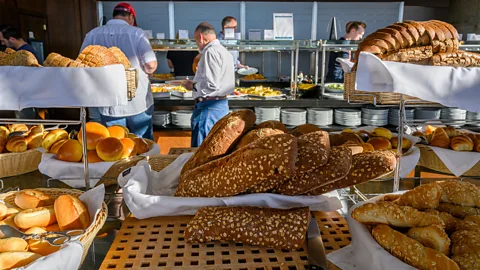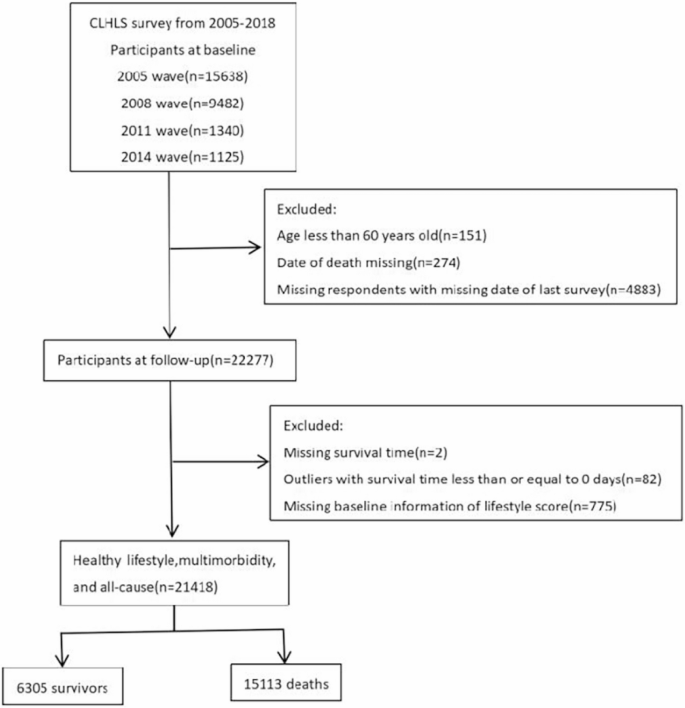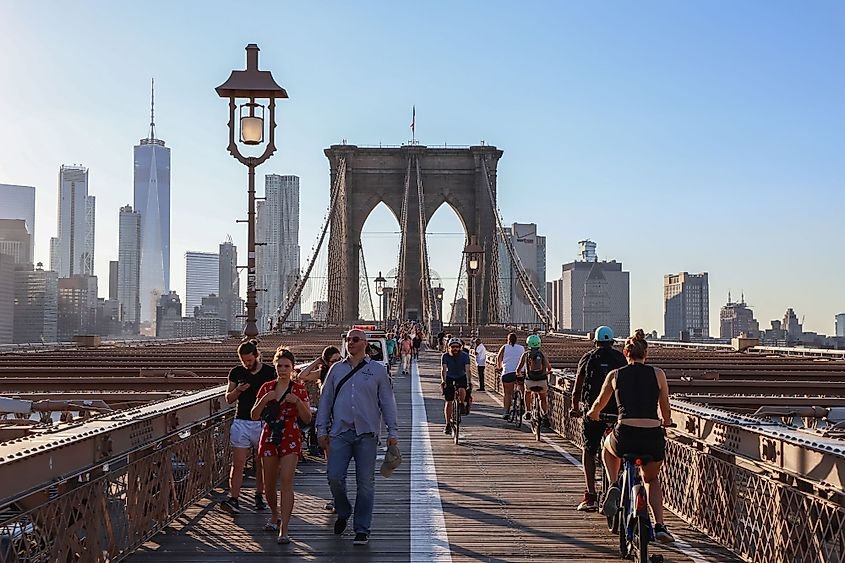This shift works well for the modern traveller for whom sustainability is no longer a side note. According to a new Booking.com report, 84% of global travellers consider sustainability important, with many actively seeking ways to reduce their environmental footprint.
Frequent traveller Dhanashree Thosar agrees, saying that she now chooses to eschew the breakfast buffet. “Buffets always make you forget portion control, confuse you with too many choices and usually leave me feeling guilty,” she explained. At a recent stay at The Park in Bangalore, her breakfast was served in courses: fresh fruit, eggs with herbs from the garden and a just-baked cake to end. “It felt intentional, not excessive; mindful not overindulgent,” she says, adding that a hotel that truly cares about minimising wastage will always be a top choice as it has a “shared sense of purpose”.
Fewer options and less clutter can even enhance perceptions of quality, even within an all-you-can-eat setting. “These cues may reduce waste and consumption while boosting overall guest satisfaction, creating a positive halo effect for the hotel experience,” Haws says.
In a shift toward thoughtful indulgence, sustainable luxury brands have moved away from buffet spreads in favour of chef-crafted menus and bespoke morning experiences. These include offerings like chef’s market-to-table breakfasts at Six Senses; collaborations with a visiting pastry chefs, coffee roasters or tea masters at Anantara; and wellness-themed dawn rituals such as yoga or guided meditation before breakfast at Aman.

 Getty Images
Getty ImagesHilton Worldwide, with nearly 6,000 properties in more than 100 countries, aims to reduce the amount of food waste it sends to landfills by 50% by 2030, a target aligned with the UN’s 2030 Sustainable Development Agenda. To do this, Hilton Tokyo Bay is tackling food waste with AI-powered kitchens; Conrad Centennial Singapore is using “ugly vegetables” that are typically thrown away; while Hilton Shenzhen Shekou Nanhai is using smart kitchen waste treatment equipment to turn kitchen waste into carbon dioxide, water and organic fertilisers. All Hilton hotels in the Philippines and Indonesia donate extra food to local food banks and soup kitchens.






